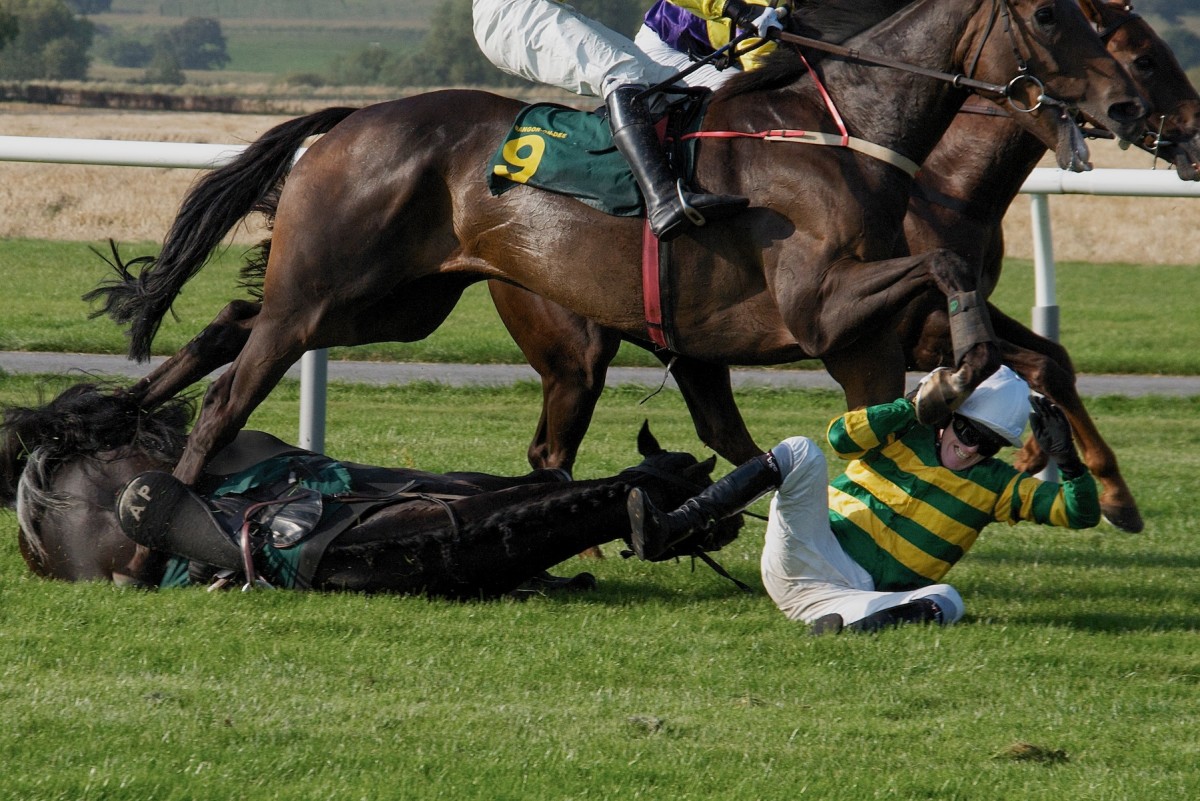How to Teach Photography to Kids
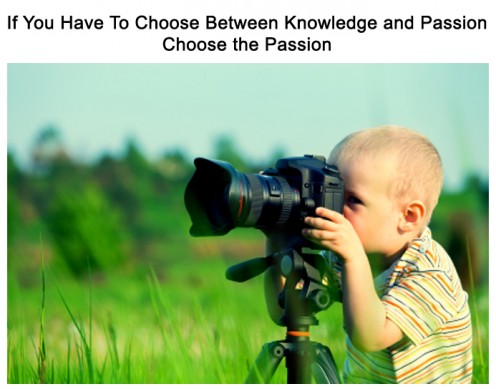
The hard part is how to teach kids about the basic rules and the technical aspects of photography so that they can translate this knowledge into good images that will not only make them proud of themselves but will encourage them to keep taking pictures and grow as they do.
As a teacher I tried on several occasions to make my children love the art as I do. They took it up at first but soon gave up and pursued other interests instead. Some still have their gear and do take the occasional good shot but it is not by habit but rather by chance.
Kids spend a lot of time in school so if you are going to teach them to love photography and eventually master the craft, you should teach them without actually "teaching them".
Just like you they want to go out there and start taking pictures. The more time they spend being taught in a formal like atmosphere they more likely that they are to quickly lose interest in learning anything at all.
The mistake I made was to approach the teaching in a very technical way. I showed them what an f stop looked like and why choosing one particular shutter speed over another made the difference between a good shot and a blurry one.
Many adults have a love for photography and just like the professional realm, amateur photography seems to be growing in new techniques and renewed interest in the art by leaps and bounds.
It's no wonder that millions of dollars are spent each year by photography manufacturers to make their products the must have gizmo.
Kids can also love photography and almost any age is a good time to start.
However, if kids do not grasp the fundamentals of the art, pretty soon they can grow tired or become bored simply because they are not capturing good shots or lack the ability to capture in a photograph the vision that they imagined when they first came upon a particular scene that appeared pleasing to them and made them take the shot in the first place.
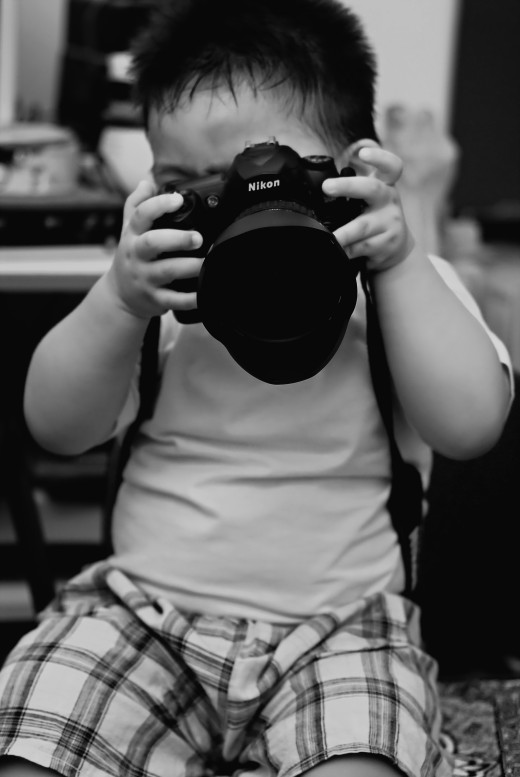
Have you ever taught photography to kids?
What I should have done was to show them photographs that illustrate each f stop and the differences in shutter speeds; frozen water as it cursed through a river and how mysterious this same water would look if a slower shutter speed was used and so on.
For example, take your kids to a room with a window (preferably a one window room) through which they can see the outside. Make sure this window has a curtain that you can quickly move or rather open and shut. Open and shut it at various speeds and this teaches them what shutter speed is.
Take several card-boards and make one different size round opening in each cardboard. Place each in front of the window and have them look at what can be seen . This teaches f stops.
Make them hold their hand in front of the eyes in a circle shape. Have them, or you can do this too, hold the tip of a pencil in front of the hand circle. Next have them focus on the pencil and move it farther way from the "circle" in consecutive order.
Later have them tell you how much detail they saw as the pencil was being moved farther away. This also teaches f- stops.
Have stand in a dark room for w while and suddenly turns the light on. As their eyes adjust they can now begin to understand the ISO principles and how film/sensor is sensitive to light.
Another good technique is to look at scenes from their perspective and this depends on how tall they are, in other words, get to their eye level; see what they see and let them take shots using various angles, perspectives, shutter speeds and f stops and compare them with them later.
Offer to make their photography a game like a photographic scavenger hunt, red eye, themes like love, happy and so on.

Answer later in the article
How long does it take to become a professional photographer for let's say NatGeo and do I need to have majored in photography in college?
Here are some tips on using games to teach kids photography; lets say you have them do a scavenger hunt. Judge the result on they they get the item or theme right, how fast they got the picture, and add some twists like which picture has a better angel, perspective,f stop and shutter speed.
Do not judge the results yourself other than to instruct others as to what to look for, instead have others who are not photographers judge the images for pleasing elements; which photograph do they like the most?
Another good game is red eye; have them purposely take shots that capture the reflection in people's eyes thus showing as if they had red eyes. Them while looking at these pictures show them how the same photo would look if you had not captured the red eye.
Assign some kids a particular f stop and have them all of their pictures with this aperture while others use a different f stop.
Alternative is to assign different shutter speeds and capture moving objects. You can then judge if they followed instructions.
They key is to have them take pictures and to want to go with you in your next photo adventure. make them look forward to hanging with you because they want to not because they have to.
Another popular game is to take a trip to the zoo and assign each kid a different theme; scary, cute, pretty, furry and so on or stripes, shapes, colors, sizes, meat eaters, grass eaters, etc.
This serves the added purpose that they may now have to do their own research. Now you have them read more and enjoy it at the same time.
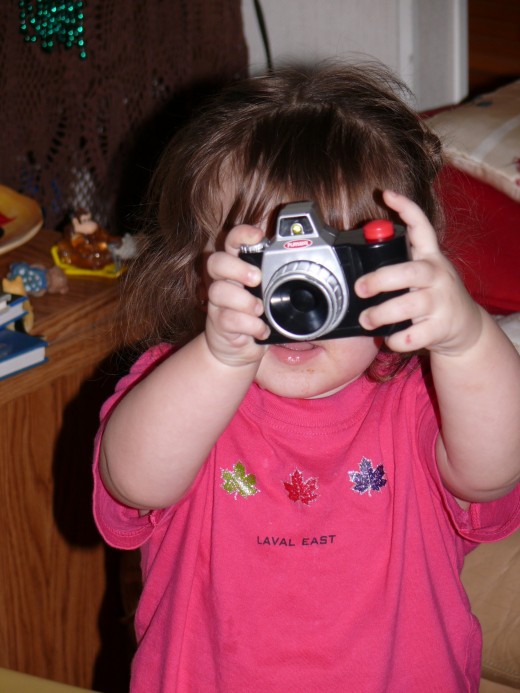
Probably the most important thing to do is not to be judgmental. Make the experience fun and do not chastise if their efforts are not up to par. Instead offer them suggestions and let them see that you too take some bad pictures every once in while.
Keep in mind that you did not wake up one morning and were instantly transformed into a good photographer. It takes time,let them know this.
Embrace mistakes and have fun. If they see that you are not having fun then why should they like or have fun with what you are trying to teach them.
Also if possible, have them enter a photography contest and explain why a picture won or did not win.
Do not enter them into contests that offer some really nice reward or prize at first. If they don't win then they can became overwhelmed with the apparent failure. Explain that this is a learning process and that you too did not win at first.
- 13 Lessons to Teach Your Child About Digital Photography
Today while sorting through some old boxes I found a photo album filled with the first ever photos that I took as a young budding photographer. I was around nine years old when I first started using our family’s film point and shoot camera and I stil
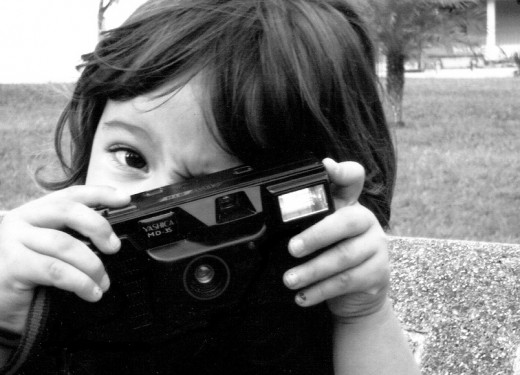
By the way the answer to the poll is about five years and most ,if not all, NatGeo photographers majored in other disciplines other than photography in college but most,if not all, took some photography courses. However, all of the answers choices are true in one way or another.
"National Geographic photographers have college degrees in a variety of disciplines. Most did not major in photography, but all took photo courses. The most common majors have been journalism, anthropology, sociology or psychology, fine arts, and sciences. Our editors and photographers agree that it is important to complete a degree in a discipline other than photography. Freelancers usually come to us with at least five years of photojournalism experience or with specializations such as wildlife, underwater, nature, or aerial photography. We seek balance and an eclectic blend of interests, abilities, and photographic styles in the freelancers we hire."
© 2013 Luis E Gonzalez




